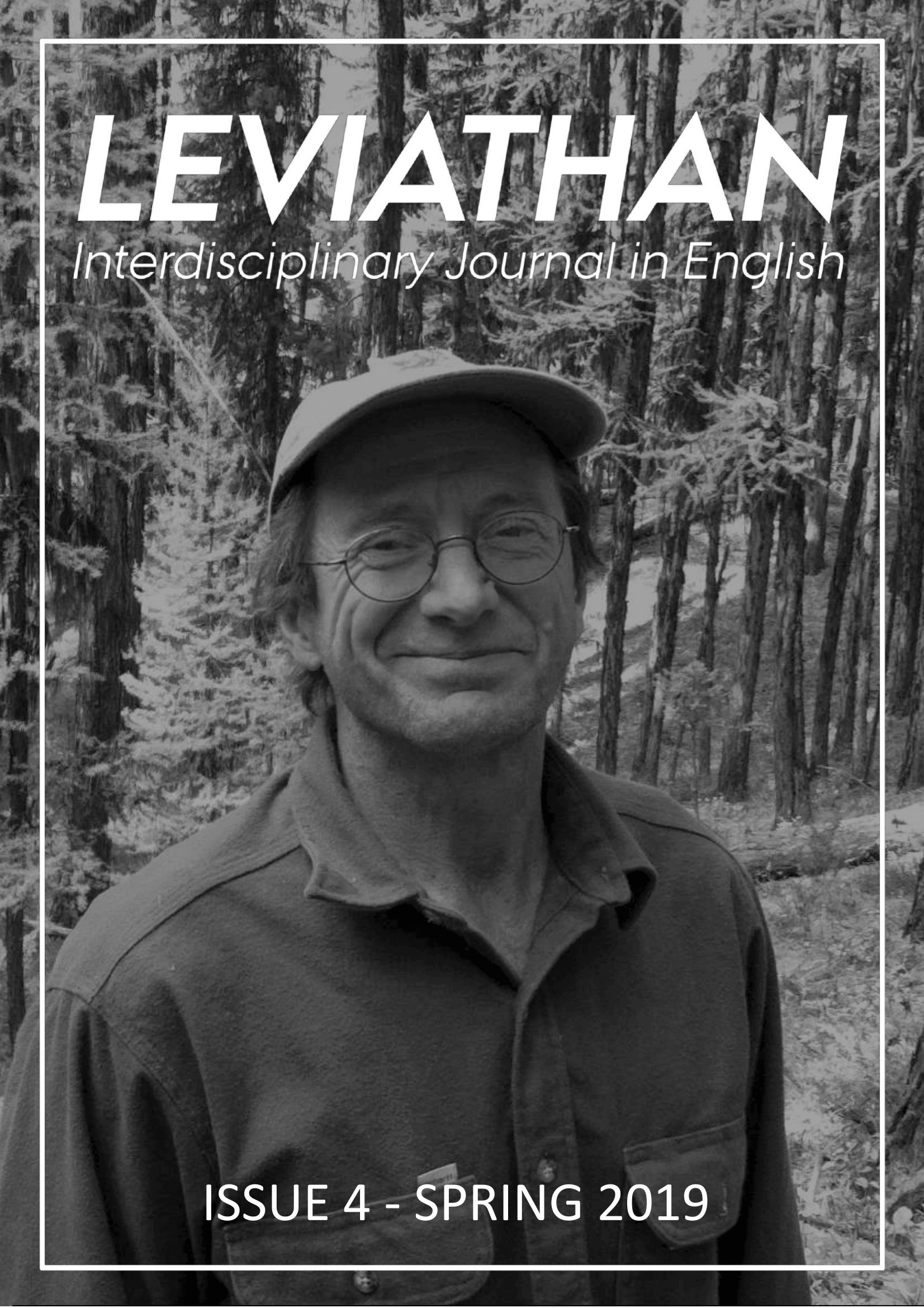“The Frailty of Everything”
Memory, Meaning and the Paradox of Language in Cormac McCarthy’s Post-Apocalyptic World
DOI:
https://doi.org/10.7146/lev.v0i4.112680Keywords:
Cormac McCarthy, The Road, post-apocalyptic literature, minimalism, memory, experience, language, The Apocalypse in Popular CultureAbstract
In Cormac McCarthy’s post-apocalyptic novel The Road, a man and boy roam a desolate, grey landscape. They are witnesses of an unknown catastrophe, forced to inhabit the remnants of a world once known. The man and boy are rooted in different pasts, and the paper examines the differences between the two characters with particular focus on language, memory and meaning in the post-apocalyptic world. The boy and man are significant for understanding the interconnections between past and present, but the novel in its entirety is also a necessary and inevitable component in understanding the paradox of language and memory. The paper argues that The Road, in its encounter with readers, becomes an ironic work, because readers subconsciously induce their own memory, experiences and connotations to make sense of the post-apocalyptic world, although the post-apocalyptic world is foreign and in many ways incompatible with the world that readers know.
Downloads
Published
How to Cite
Issue
Section
License
Attribution-NonCommercial-NoDerivatives 4.0 International (CC BY-NC-ND 4.0)
You are free to share (copy and redistribute the material in any medium or format).
However:
You may not use the material for commercial purposes.
You must give appropriate credit, provide a link to the license, and indicate if changes were made. You may do so in any reasonable manner, but not in any way that suggests the licensor endorses you or your use.
If you remix, transform, or build upon the material, you may not distribute the modified material.
You may not apply legal terms or technological measures that legally restrict others from doing anything the license permits.





